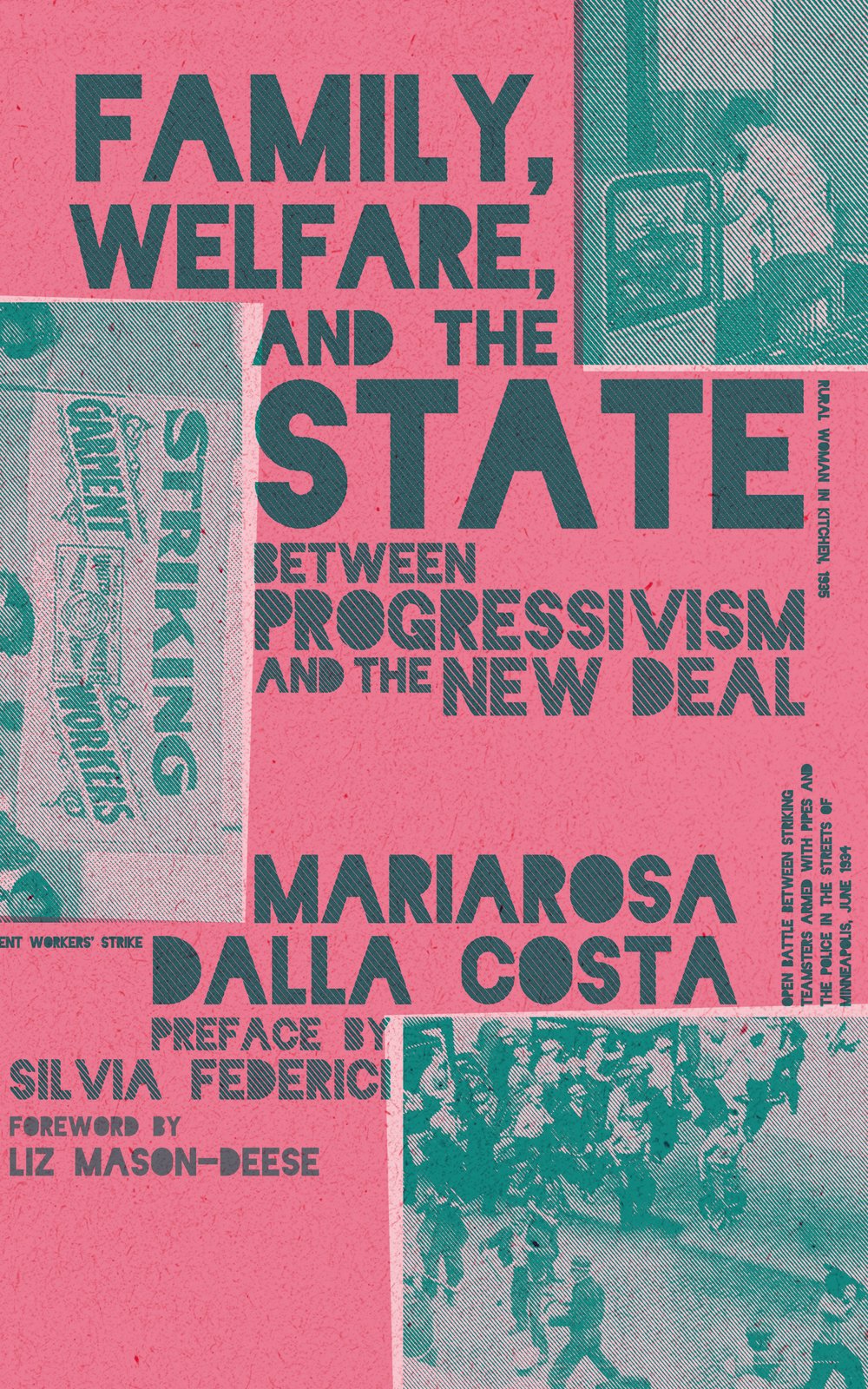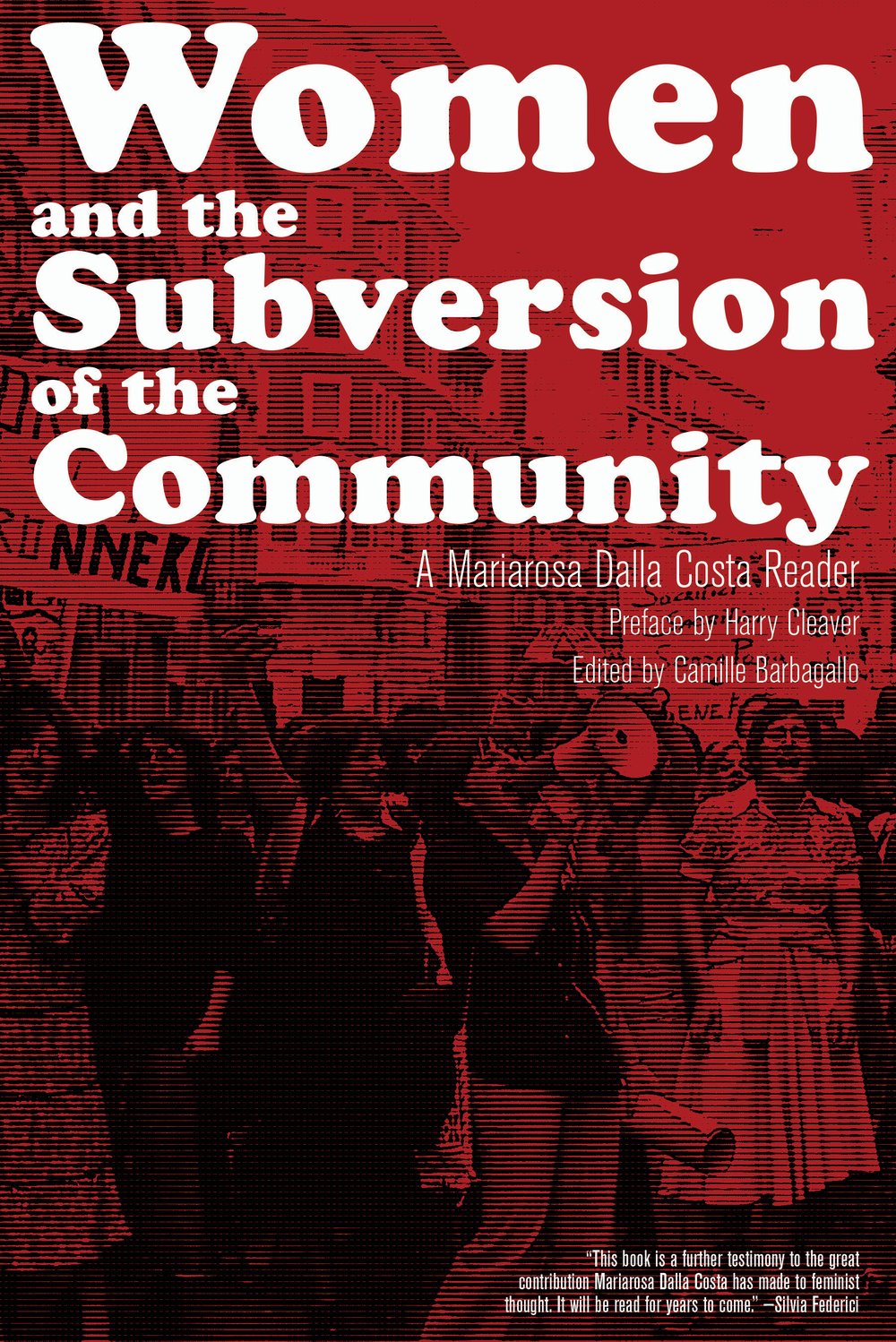Our Mother Ocean
Enclosure, Commons, and the Global Fishermen’s Movement
The ocean today is a central protagonist in the ongoing battle for life on earth. It is the site of a violent clash between the right to live and the right to profit, as corporate interests enclose the ocean’s vast common of living riches through tourism and industrial fishing—distorting landscapes, depleting fish stocks, and destroying barriers to protection against climate disaster.
Our Mother Ocean tells the story of the Fisherman’s Movement from its beginnings in Southern India to its central role in the struggle against neoliberal globalization. Since the 1970s, the Fisherman’s Movement has been one of the ocean’s closest and most impassioned protectors, raising key questions concerning the relationship between work and the safeguarding of common resources, the provision of community needs and environmental limits of the devastating industrialization of our oceans. While a remarkable political awareness has spread over the last 40 years around questions of food, agriculture and land, the issues of the sea have remained concealed, despite the protracted struggles between fish workers and those who oversee the sector and the exploitation of the ocean’s resources.
In this crucial intervention, Mariarosa Dalla Costa and Monica Chilese offer the ocean to the land-locked history of food sovereignty movements led primarily workers in the global South against dispossession.
Dalla Costa and Chilese draw attention to the polyvalent functions of the ocean as a source of food, medicine, raw materials, biodiversity and culture—and as a site of human labour and livelihood threatened by vast enclosures through industrial fishing and tourism. This book is an urgent reminder that the ocean is today the site of a heroic struggle for the preservation of life on earth. It points crucially to impassioned sectors of the movement of movements that endure in the global South, and details the stakes of the struggles and its outcomes on land and at sea as central for the future of life on earth.
Mariaross Dalla Costa is an influential feminist author and activist, whose seminal book The Power of Women and the Subversion of the Community, coauthored with Selma James, has been translated into six languages. For decades, Dalla Costa has been a central figure in the development of autonomist thought in a wide range of anticapitalist movements.
Monica Chilese is a political sociologist at the University of Padua, where she devotes her study to the question of ecology, giving special attention to the marine environment, the impoverishment of the fisheries, and the analysis of social problems.
Silvia Federici is a long-time feminist, writer, and teacher living in Brooklyn, NY. Her books include Caliban and the Witch: Women, the Body and Primitive Accumulation and Revolution at Point Zero: Housework, Reproduction, and Feminist Struggle (Common Notions/PM Press, 2012). Born in Italy, Federici has lectured and taught widely in Europe, Latin America, Africa, and the U.S. She has participated in numerous international movements and social struggles, including feminist, education, anti-death penalty, as well as anti-nuclear and anti-globalization movements.



